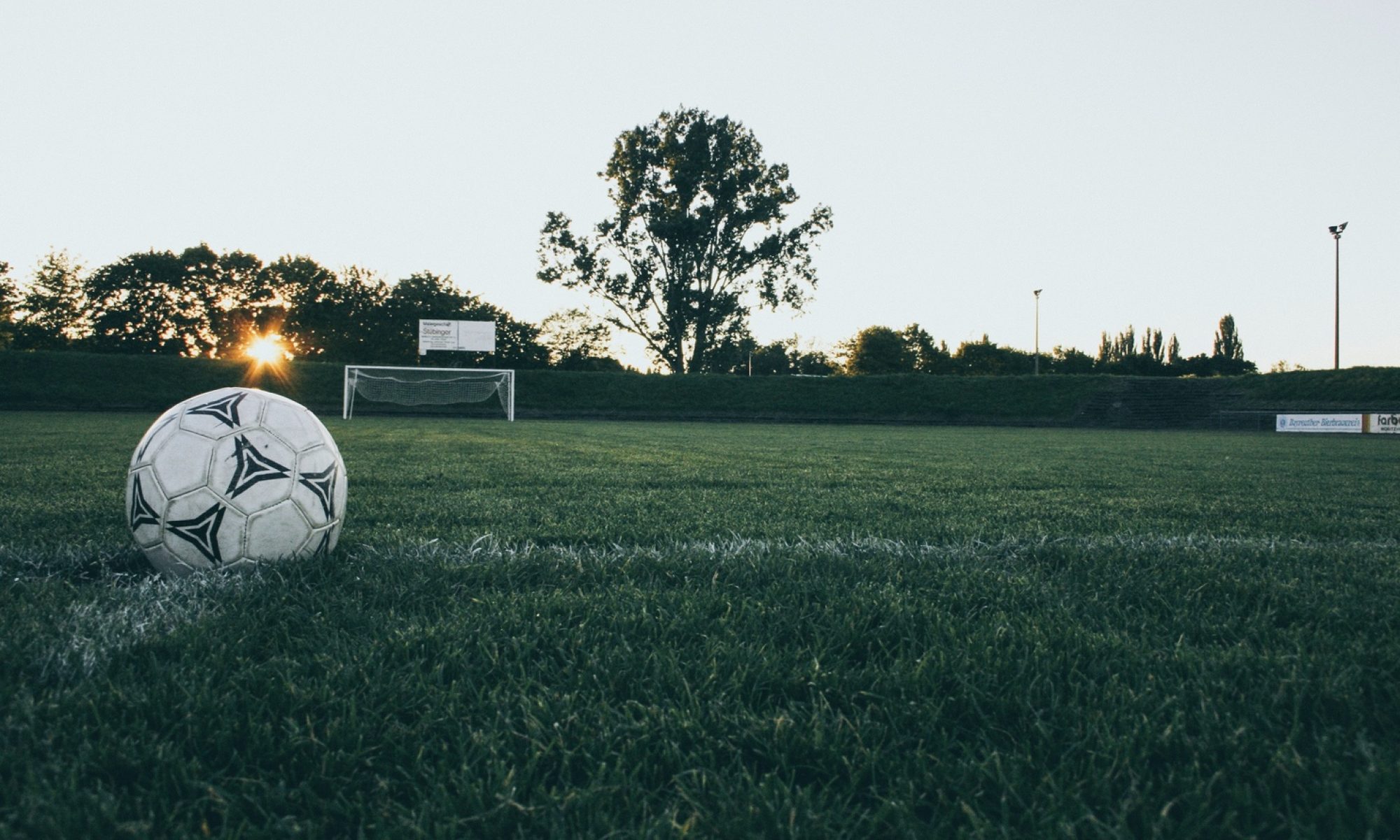Questions concerning social cohesion are inseparable from those connected with problems of integration and discrimination, especially as regards race, regional, ethnic, sexual or national difference, as well as other kinds of social, cultural and human diversity. Research will be conducted in two main, interrelated research streams: a) through researching integration, inclusion and discrimination as understood by fans, members of clubs and athletes themselves, and b) through researching refugees, migrants, post-migration processes and their contextualising within sport. Such research, according to Leichtu (2016), may be situated inside a framework using social concepts, which consider different models of increasing social inclusion and integration with the aim of promoting socially acceptable patterns of behaviour. The path to social inclusion has been conceived according to Goran Therborne (2013). Fans and/or members of sports’ clubs, but also migrants active in sport, and their self-perceptions and feelings will be studied through their activism, protests, petitions, campaigns, workshops, and through all of their forms of public verbal, visual expression and action. They will be studied both at the individual and group level, including their discrimination and marginalization, and the endangering of their civil and human rights. How clubs work to include and exclude citizens, playing a role as a tool for social cohesion, will also be considered. One of the expected effects from the project is the contribution to models of improvements of fans and migrants’ inclusion and reduction of their exclusion, that is the improvement of sport as a vehicle of social cohesion. Research will be based on various practices of qualitative and quantitative methodology, especially on discursive analysis, participant observation, ethnographic note-taking, free and structured interviews, analysis of verbal and visual expression, but also on poll questionnaire of social distance.
